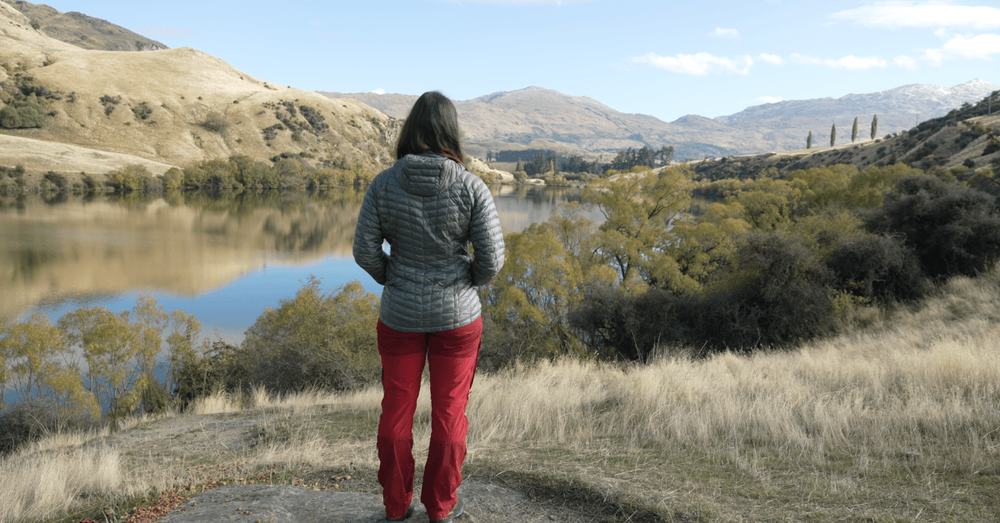The National Recruitment Cycle in New Zealand: Opportunities for IMGs

New Zealand's healthcare system, characterised by its advanced facilities and commitment to providing quality care, is often an attractive destination for international medical graduates (IMGs). The National Recruitment Cycle plays a pivotal role in shaping the healthcare workforce of the country. Here's an insight into the recruitment process and the myriad of opportunities it presents for IMGs.
1. Understanding the National Recruitment Cycle:
Every year, the New Zealand medical workforce undergoes a recruitment cycle, with positions across various specialties and levels advertised. This cyclical process is coordinated to ensure the seamless transition of medical professionals between roles and regions.
All jobs are advertised simultaneously through June, and then job offers are released at the end of August or the beginning of September. Jobs start in January.
2. Opportunities for IMGs:
Typically, the roles advertised during the National Recruitment cycle are taken up by Kiwi doctors or those already in the country. The majority of overseas doctors secure their roles after the National Recruitment cycle has been completed. So, from September onwards, the hospitals will share with us the remaining vacancies that they are looking to fill for January.
3. Pathway to registration:
To work as a doctor in New Zealand, you must be eligible for medical registration. For Junior doctors from overseas, there are two pathways to Provisional General registration:
Find out everything you need to know about moving to Australia or New Zealand in our free IMG Guide.
Download nowCompetent Authority Pathway: For those who have a medical degree and internship from the UK or Ireland
Comparable Health System Pathway: For those working in a comparable healthcare system for the last three years in one area of medicine.
4. Locations:
With a country of similar size to the UK, but only a population of 5 million, New Zealand’s towns and cities are scattered throughout the country (approximately a 2-hour drive between hospitals). There are essentially 20 hospitals in the country that are large enough to require and support International doctors. It’s rare to see opportunities in the most significant cities as these tend to be sought after by locally trained doctors. But this doesn’t mean the roles will be in tiny towns or rural settings. Instead, these small cities and large towns have all the amenities and services you could need.
5. The role of recruitment agencies:
We have excellent relationships with all of our hospitals, and they work with us closely to ensure they can fill their rosters. As soon as they have feedback from the National Recruitment job offers, they will let us know their remaining needs so we can send them to our candidates. We will help our candidates gain medical registration, visas, and organise all pre-employment requirements.
6. Embracing the Kiwi Work-Life Balance:
Beyond the professional environment, New Zealand offers a unique work-life balance. The country's natural beauty, diverse culture, and emphasis on community health make it an ideal destination for many IMGs. It's not just about advancing one's medical career but also about experiencing a fulfilling personal life.
The National Recruitment Cycle in New Zealand is a well-coordinated process ensuring the best talent fills roles across the country's healthcare system. For IMGs, it's an opportunity to be part of a progressive medical community while enjoying the unique lifestyle that New Zealand offers. As with all international moves, it's essential to be well-researched and prepared, but the professional and personal rewards can be significant.
